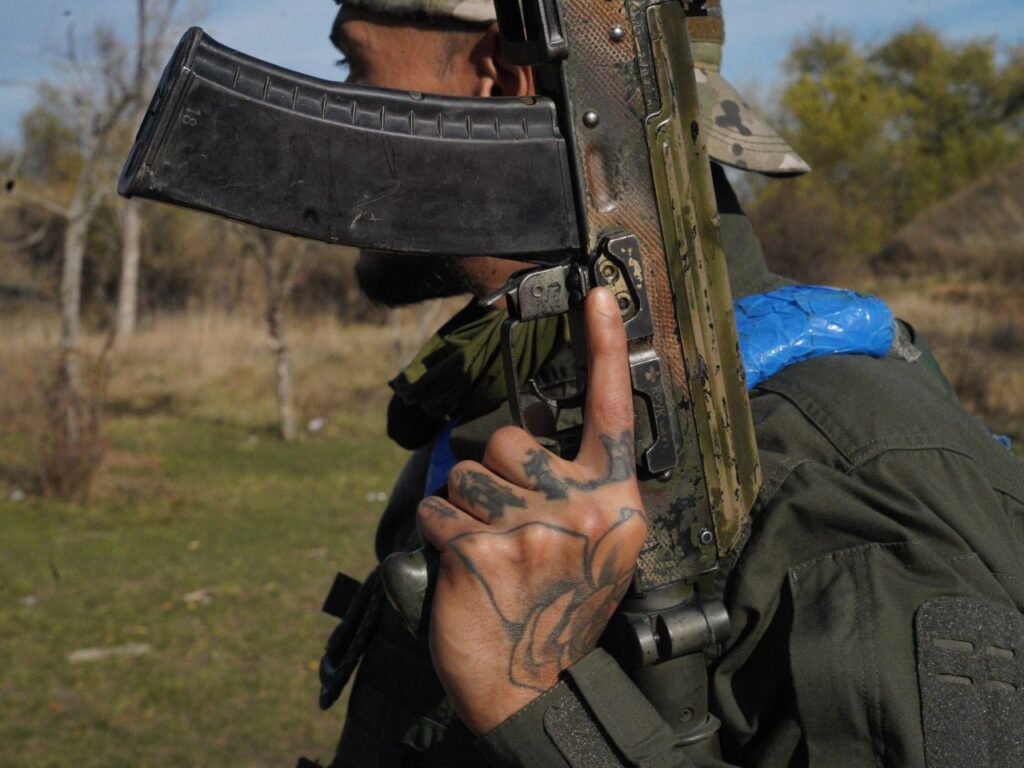Life of a foreign fighter in Ukraine: many of us feel forgotten
The babushkas always seem surprised when they see me amongst the Ukrainian soldiers – a French-speaking man of Asian descent. hen I say, “I am French,” they burst out in laughter.
- 2 years ago
April 2, 2024
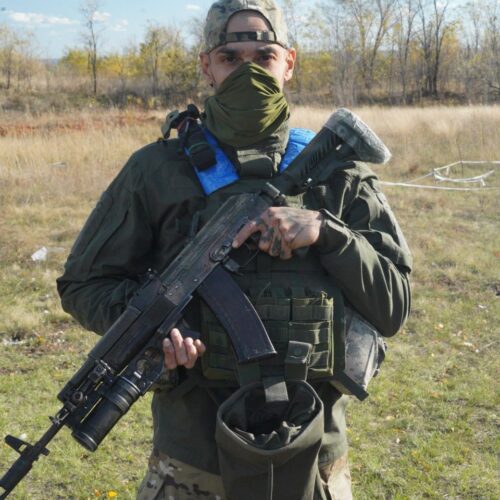
ORIKHIV, Ukraine ꟷ As a French citizen of South Korean descent, my military experience in the French Air Force prepared me to help Ukraine. As soon as my contract came to an end, I joined Ukraine’s fight against the Russian invasion. From my home in France, I took a bus to Poland and another to the border just a few months after Russia attacked. At first, Ukrainian customs stopped me for lack of a passport. I went home, got my documents in order, and joined the International Legion for the Defense of Ukraine.
Now, at just 24-years-old, I have participated in nearly every major offensive and battle in the Russia-Ukraine War. From Bakhmut to Chasiv Yar, I’ve done a little bit of everything, including reconnaissance at the southern front and even trench cleaning. I often spend the night behind enemy lines, in small groups, clearing the area. When it’s clear, we call in the Ukrainian infantry and they take the trench.
Read more stories out of Ukraine at Orato World Media.
We stand at the gates of Europe, holding Putin back
Cleaning is a job of shadow and light. As a connoisseur or Manga [Japanese graphic novels], I selected the war name Kan Kaneki from my favorite comic Tokyo Ghoul. The protagonist – a student who is genetically modified after joining a cult – tries to fight the rage that grips him, but it eats him away from the inside. For me, I try to channel my rage into a battle worth fighting.
At the time of this interview, my team and I await our next mission from our station at the Southern Front in the Orikhiv sector. To pass the time, we train, cook, and watch the news. In general, we spend a lot of time waiting. The “safe house” is a small farmhouse with no electricity or heat, left by peasants who fled the fighting.
An old stove covered in lime allows us to dry our clothes. The room reeks of sweat, gasoline, and powder, but we grow accustomed to it. There really is no way for us to wash. In the evening when the weather is nice, we wash outside; otherwise, we wait for leave and book a nice hotel. I can stay under a hot shower for a full hour.
The safe house remains far enough from the Russian artillery we cannot be hit by it, but out of reflex, we jump every time we hear it. Lately, we are hearing Russian artillery a bit too much. During the long hours of waiting, I watch the news. French media features Ukraine far less often. Now, they focus on Gaza. I wonder, “When will their interest wane in that war like it has for us?” The Israeli Defense Force remains far strong than Hamas, unlike our enemy Russia.
Foreign fighter finds a home in Ukraine
I worry Russia will take advantage of Ukraine’s lower profile in the headlines to push forward with heavier weaponry or chemical warfare. Sitting at the front with my brother in arms Strika, he expresses concern. “What if the war gets bogged down like Afghanistan, if public opinion in the U.S. and Europe sees us as hopeless? What if they grow tired?” He asks. My mind automatically leaps to disagreement.
“Ukraine is far from defeat,” I think, “and Russia is far from victory.” I sit there, thinking of all the men – my comrades – who fought and died already for Ukraine’s freedom. I imagine us standing at the gates of Europe, holding Putin back. I feel certain that man will not stop at Ukraine.
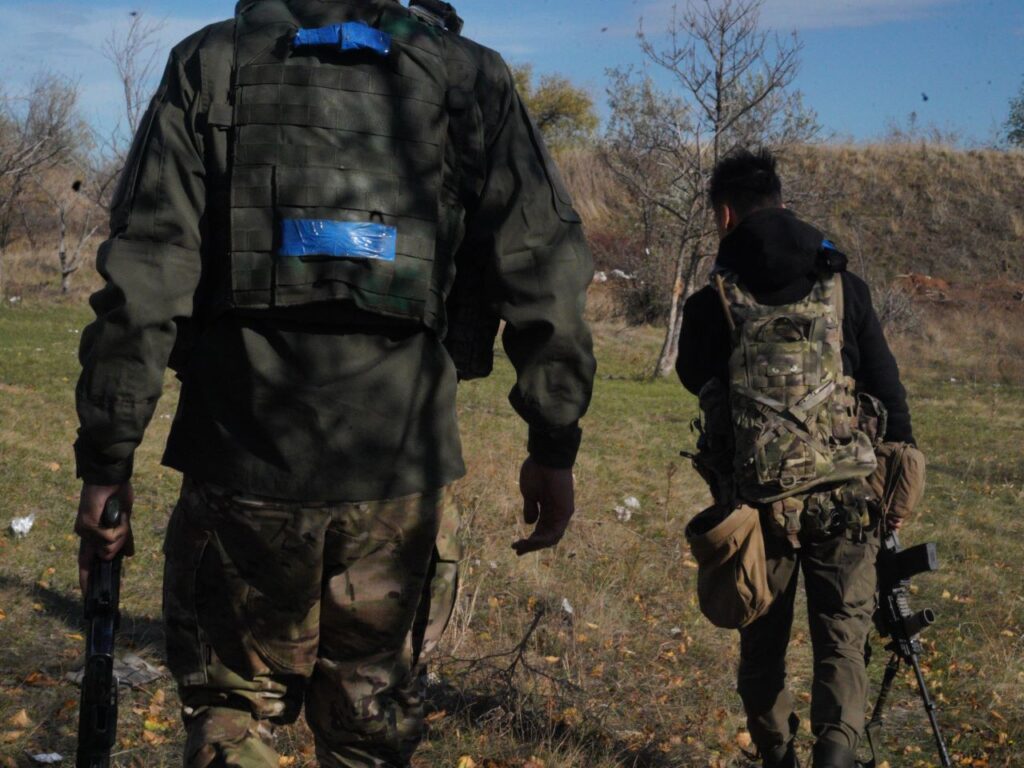
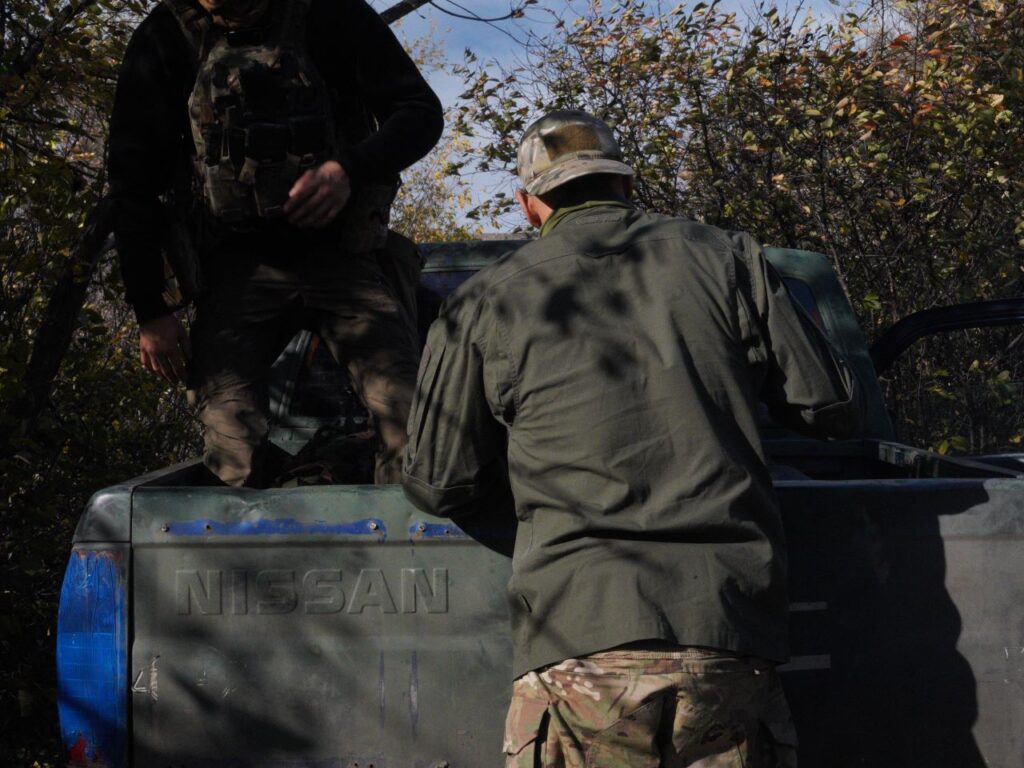
In the end, we sit together at the safe house, trying not to think too much or talk about these things. It feels too far in the future. When my feet sink into the mud, I am not thinking about other wars out in the world. I think about the man next to me. We focus on resupplying, trying not to die from the cold, and returning from our mission.
I do notice things now. We get less aid than before; less ammunition and shells. It feels silly to think the West would abandon us after investing so much in our pushing forward. In Ukraine, I found my homeland and I never want to leave. Everywhere we go, people welcome us. When we enter small villages near the front, the babushkas [older women and grandmothers], welcome us into their homes. Even though they barely have enough to eat, they cook us a meal.
Young soldier dreams of life on the sea far from war
After two years at war, the villages in Donbas and the South all look the same. The small 19th-century houses line potholed roads leading to grey mining towns overshadowed by tall Soviet buildings. It is increasingly rare to see buildings or houses not hit by bombs. Yet, people continue living. They go to the market and step out to fetch water. We mostly see older people now. They young ones joined the army.
The babushkas always seem surprised when they see me amongst the Ukrainian soldiers – a French-speaking man of Asian descent. They assume I am Buryat [a Mongolian ethnic group], or Kazakh. When I say, “I am French,” they burst out in laughter. Most of the babushkas are alike. They walk bent over from years of working in gardens. They wear little scarves of all colors wrapped around their heads and laugh toothlessly.
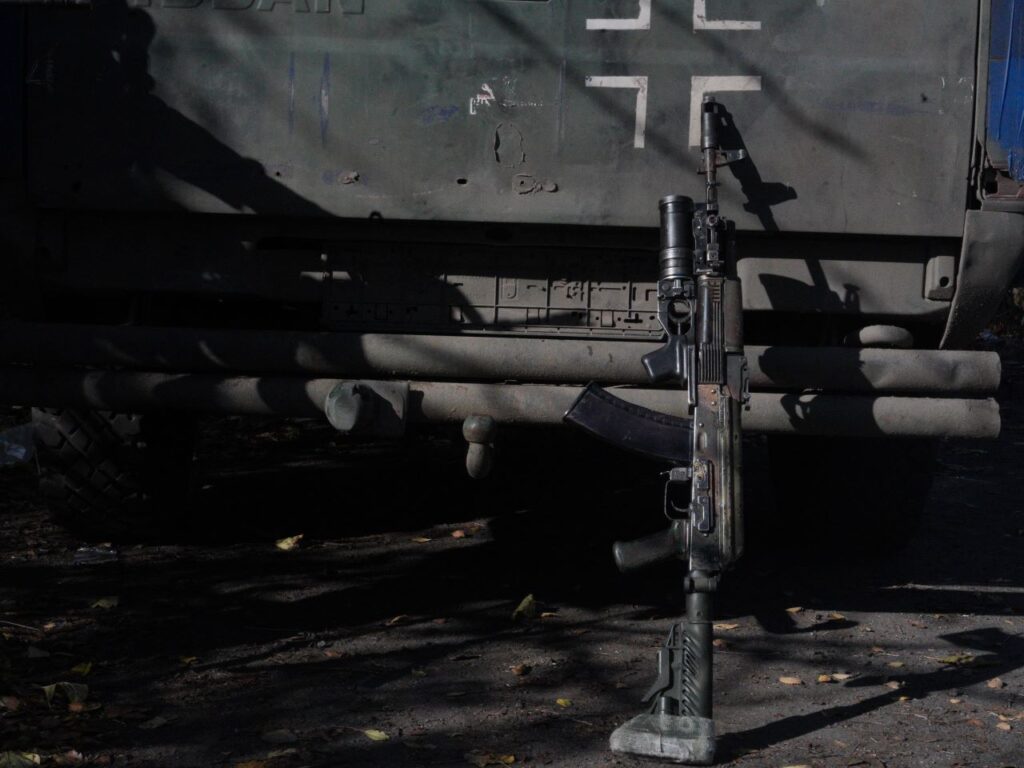
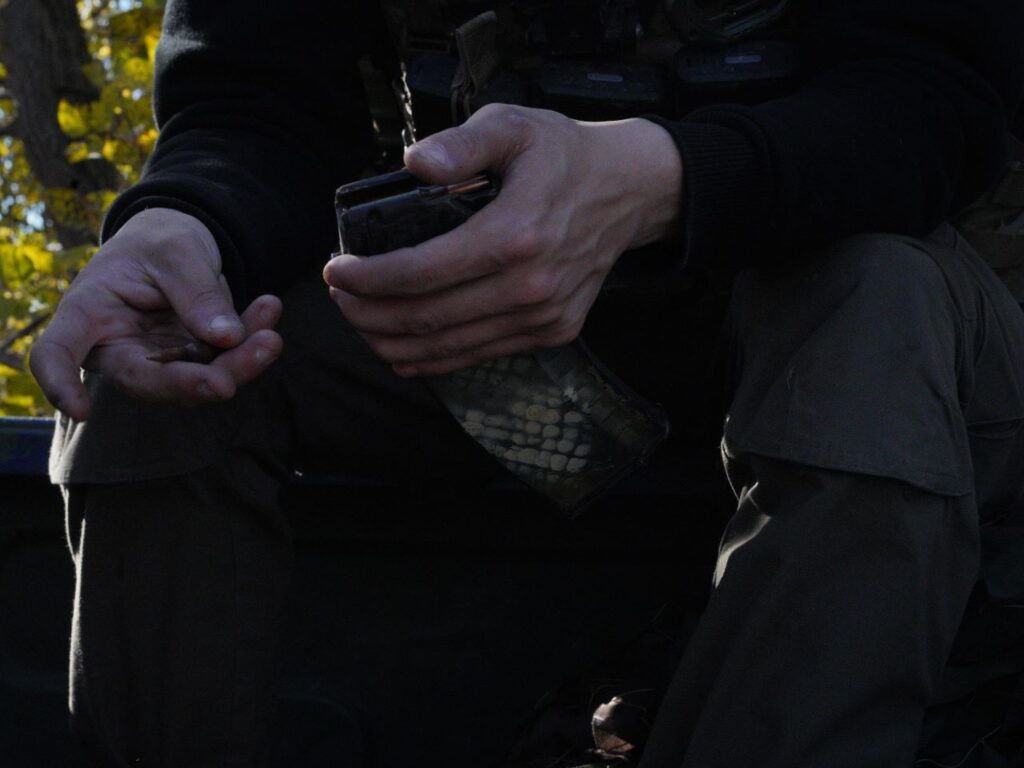
Some may be only 65 years old but look 90. They age prematurely from hard work, deprivation, and war as far back as 2014. They often outlive their husbands and have sons and grandsons at the front. We eat in small houses or apartments with carpeting on walls, family photos everywhere, and huge jars of pickles on the table.
In towns all along the front, babushkas offer us the only hot meal we get. No restaurants exist anymore. We pay them, of course, which gives them a little extra income. To be honest, the babushkas of Donbas make the best borscht in the world (a beet-based soup).
When we win this war, I intend to apply for Ukrainian citizenship in exchange for my service. I want to live in Crimea by the sea. I hear it’s beautiful there. In the photos, it looks like the south of France, with pines and reefs. There, I will swim every day and bring home fresh fish to cook with friends. I want a simple life with a family, far from war and death.

